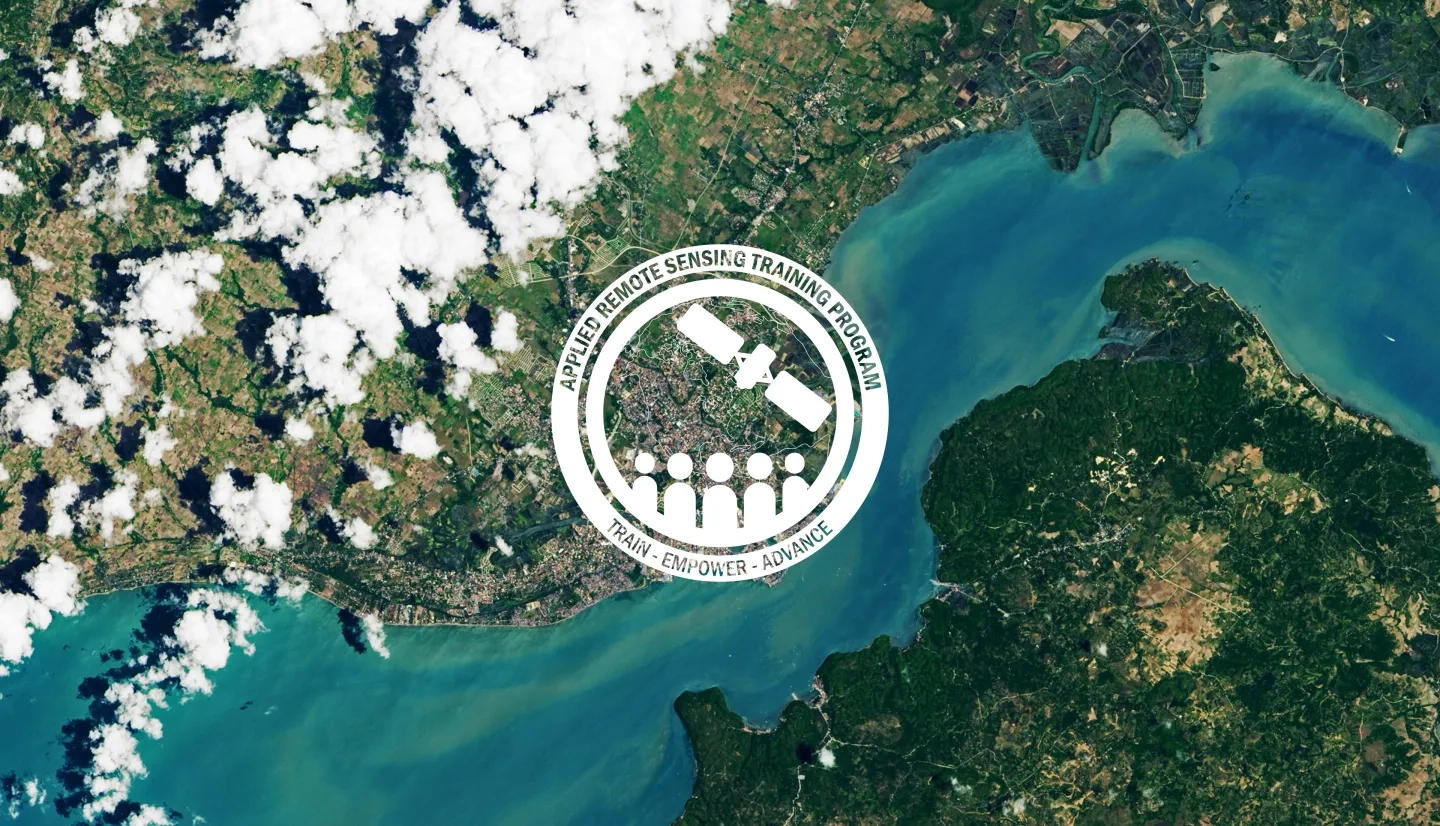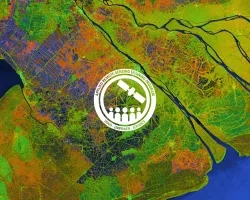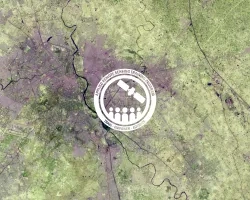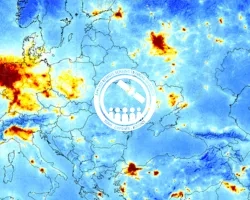Description
Cities around the world face numerous environmental hazards, such as extreme heat events, landslides, pollution, and flooding. Cities must monitor and address these hazards to reduce risks to, and enhance resilience of, their residents to climate change impacts. Earth observations allow cities and other types of human settlements to be monitored and understood in comprehensive ways, deliver up-to-date insights to decision makers, and are essential for reporting on progress towards Sustainable Development Goals (SDGs).
This 3-part, introductory webinar series will provide an overview of the Earth Observations Toolkit for Sustainable Cities and Human Settlements, an online knowledge resource that shares ready-to-use Earth observation data sets and tools. These resources can be applied in policy areas that are important to resilient and sustainable cities. Such areas include sustainable urban planning, adequate housing, access to public transport, and access to public spaces. Earth observation data provide significant cost and time savings in urban monitoring and indicator measurement, particularly over large areas or areas where little data is available. The Toolkit also shares national and city experiences in using spatial data and analysis for monitoring progress towards the Sustainable Development Goals and the New Urban Agenda, and enabling successful, evidence-based decision making.
This training series is a collaboration between NASA’s Applied Remote Sensing Training Program (ARSET), UN Habitat, Group on Earth Observations (GEO) EO4SDG initiative, GEO Human Planet initiative, and the CEOS Working Group on Capacity Building & Data Democracy (WGCapD).
January 27, February 3, 10, 2022
After participating in the training, attendees will be able to:
- Understand the value and usefulness of Earth observations to monitor and report on urban Sustainable Development Goal (SDG) indicators and the New Urban Agenda.
- Learn from inspiring examples of cities using Earth observations for SDG 11 (sustainable cities and human settlements) and the New Urban Agenda.
- Understand how to apply Earth observation-based Toolkit resources to enhance urban resilience and improve decisions regarding:
- Planning, including informal settlements, open spaces for public use, access to public transport, urban greening.
- Monitoring, such as for air quality, or land consumption.
- Operational preparedness, including for example for emergency response to different types of hazards.
This training is primarily intended for local government and municipality authorities, national governments, urban resilience networks and city fora, United Nations agencies with policy mandates related to cities and human settlements (e.g., UN Habitat, UN DRR, UNESCO, UNFCCC), the United Nations Statistical Division (UNSD), as well as the non-public sector including small, medium and micro-sized enterprises with responsibilities in providing cities with solutions and services.
- Three-part webinar series
- Each part will be 1.5 hours.
Speakers: Argyro Kavvada (NASA, GEO EO4SDG), Dennis Mwaniki (UN Habitat)
- Overview of Sustainable Development Goal 11 and the New Urban Agenda.
- Background and introduction to the main components of the Earth Observations Toolkit for Sustainable Cities and Human Settlements.
- The role of Earth observations in monitoring and informing cities’, and other types of human settlements’, operations and planning.
Materials:
Speakers: Thomas Kemper (JRC), Cascade Tuholske (CIESIN)
- Degree of Urbanization Tools and SDG 11 Indicators.
- Demonstration of POPGRID Website and Viewer.
- Evaluating the accuracy of gridded population data sets for SDG 11.1.1 (adequate housing).
- Demonstration of POPGRID for dataset comparison for SDG 11.5.1 (people directly affected by disasters).
Materials:
Speakers: Sandra Moreno (DANE), Nale Mudau (SANSA), Evangelos Gerasopoulos (NOA)
- Leveraging Earth observations to calculate SDG indicator 11.3.1 (sustainable urbanization) for South African cities.
- Integrating statistical and Earth observation data to produce SDG indicator 11.7.1 (open spaces for public use) in Colombia.
- Introducing an online platform for monitoring SDG indicator 11.6.2 (mean annual levels of fine particulate matter in cities, population weighted) in Europe, leveraging Earth observations.
Materials:



